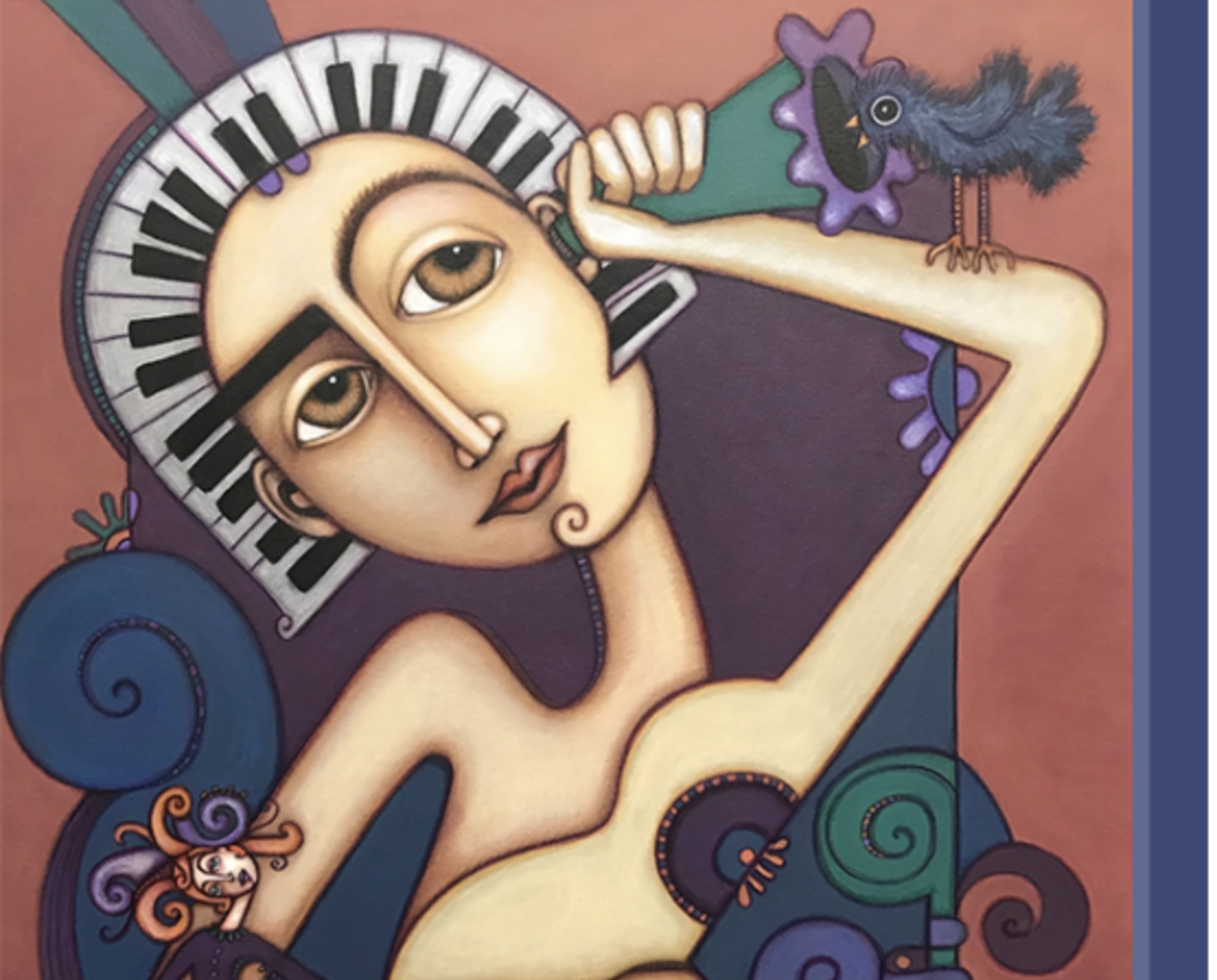Join for a special event featuring the presentation and discussion of The Archive and the Aural City. Sound, Knowledge, and the Politics of Listening by Alejandro L. Madrid. In this groundbreaking book, Madrid explores how archives can reveal the unheard sounds that shape urban life, particularly in Latin America. Building on Ángel Rama's concept of the "Lettered City," Madrid introduces the idea of the "Aural City," highlighting how sound and listening are central to the production and circulation of knowledge among urban intellectual elites. The book challenges traditional, nationalistic uses of archives, showing how sound can be used to question dominant cultural frameworks and foster more inclusive spaces for knowledge exchange and political action. Through examples ranging from Latin American national archives to digital sound projects, Madrid broadens our understanding of the social and sonic power of archives in the making of urban spaces. Don’t miss this chance to engage with cutting-edge scholarship on sound, archives, and the city.
Speaker:
Alejandro L. Madrid, Walter W. Naumburg Professor of Music; Department Chair, Harvard University
Moderated by Alejandra Vela Martínez, Assistant Professor of Romance Languages and Literatures, Harvard University.
About the Speaker
Alejandro L. Madrid is the Walter W. Naumburg Professor of Music at Harvard University. He is a cultural theorist of sound and music working in Latin American and Latinx studies. His nine books and a host of distinguished articles have established him as one of the foremost musicologists of his generation and one of the leading scholars in Ibero-American music studies. He has received the Humboldt Research Award (Humboldt-Preis), a Guggenheim Fellowship, the Dent Medal, given by the International Musicological Society and the Royal Musical Association for “outstanding contributions to musicology,” top awards from the American Musicological Society (AMS), the Latin American Studies Association (LASA), the International Association for the Study of Popular Music (IASPM), the ASCAP Foundation, the Society for Ethnomusicology (SEM) as well as Cuba’s Premio de Musicología Casa de las Américas, and Chile’s Premio de Musicología Samuel Claro Valdés. His work, which engages popular, folk, and art musics from multi-methodological perspectives, has been described as a “model for future works that aim to cross boundaries between musicology and ethnomusicology” and as “scholarship that intervenes in a number of important critical conversations.”
His research has been funded by the John Simon Guggenheim Memorial Foundation, the American Council of Learned Societies, the Fulbright Program, and the Ford Foundation, among others. He is currently writing a book about sound archives and the production and circulation of knowledge at the aural turn entitled The Archive and the Aural City: Sound, Knowledge, and the Politics of Listening; and a book about Silvio Rodríguez’s influential Nueva Trova album Días y flores. He is also working, in collaboration with the Momenta Quartet, on a 5-CD recording project of the complete works for string quartet by Mexican microtonal maverick Julián Carrillo for the Naxos label.
Professor Madrid serves as editor of Oxford University Press’s Currents in Latin American and Iberian Music series. He is frequently invited as an expert commentator to national and international media outlets and recently acted as music advisor to acclaimed filmmaker Peter Greenaway, whose film, Eisenstein in Guanajuato (2015), is set in early 1930s Mexico.
